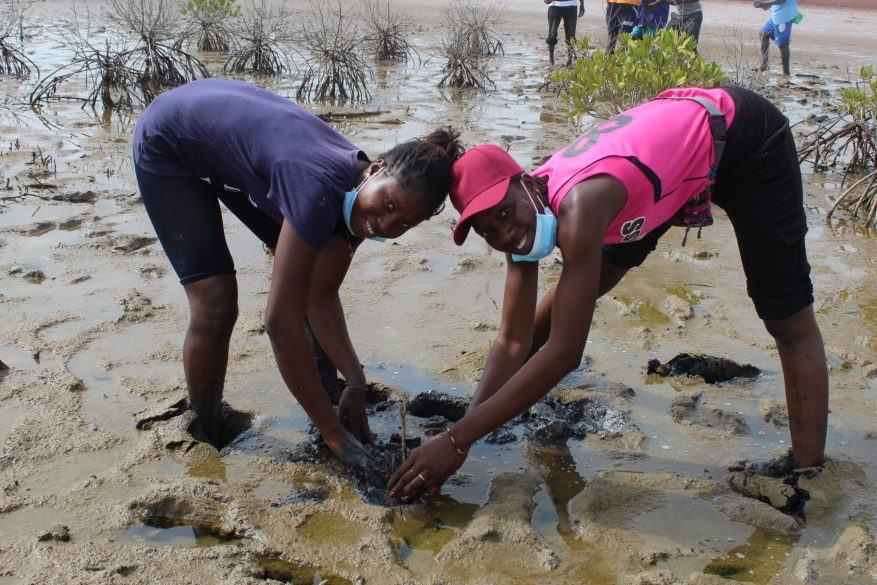World Biodiversity Day takes place on May 22 each year, with this year’s theme ‘Building a shared future for all life.’
World Biodiversity Day aims to promote and educate people on the importance of healthy and vibrant ecosystems, which we depend upon for food, water, clothes, medicine, fuel and more.
It’s a vitally important message. The loss of biodiversity threatens us all – it’s proven to increase the risk of zoological diseases transmitted from animals to humans such as Coronavirus. Expanding and increasing biodiversity is the foundation which we can restore and build upon to achieve a shared future.
Greater biodiversity of our oceans, forests, and deserts isn’t just about reducing the impact of climate change – it would also lead an improvement in economic growth, food security and livelihoods.
At Self Help Africa, we’re playing our part, recently supporting efforts in the Diegoune region of Senegal to protect and enhance mangroves – a vitally important ecosystem that can sequester four times more carbon than rainforests per hectare. Mangroves are a hub of biodiversity providing homes and breeding grounds for an array of marine, land and bird life. Millions of people live in or near mangrove regions, and rely on them for food, and income.
As part of the initiative, thousands of trees were planted by local communities on the Casamance Delta to enhance the resilience of the ecosystem to climate change. The region and its biodiversity are under threat from a changing climate. Self Help Africa are supporting community-led initiatives to protect and take responsibility of the forests and surrounding environment, and build ecological livelihood opportunities for local people.
You can play your part in combatting the loss of biodiversity by helping us to plant many more trees in Senegal and beyond. Donate just €5 to our One Million Trees campaign, and we’ll plant a native tree in Ireland and 10 trees in Africa.

